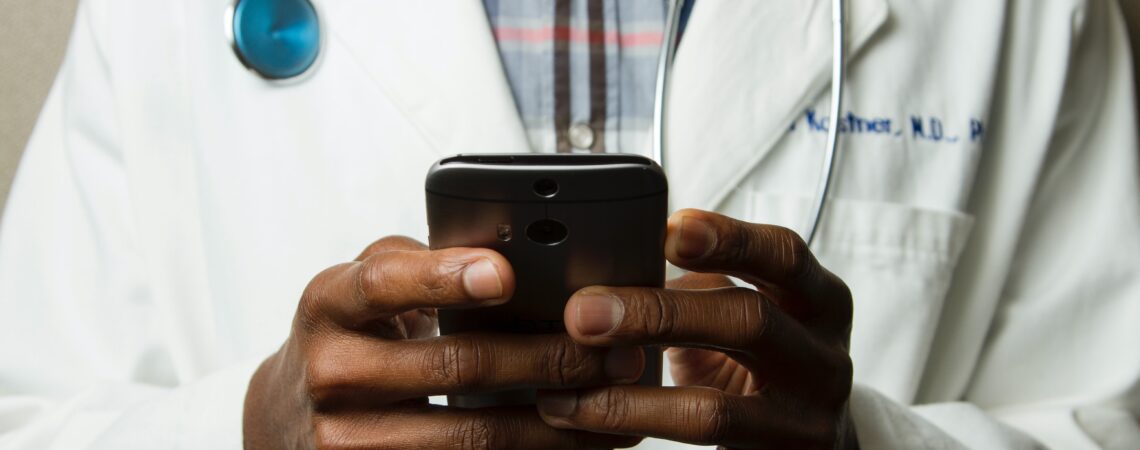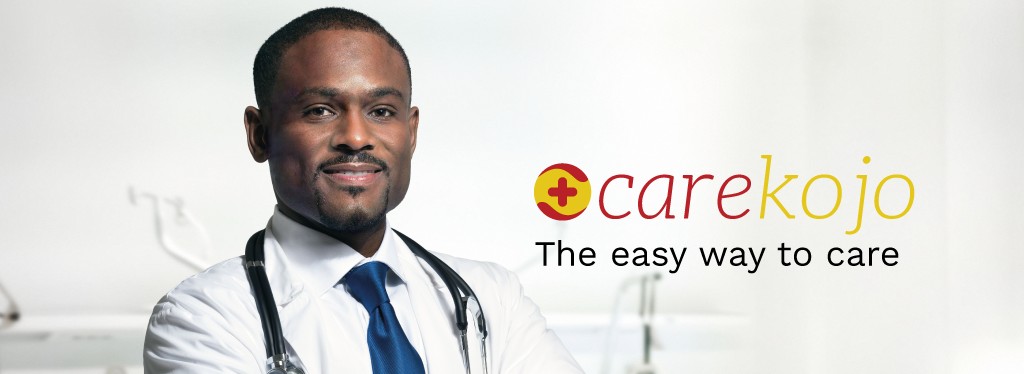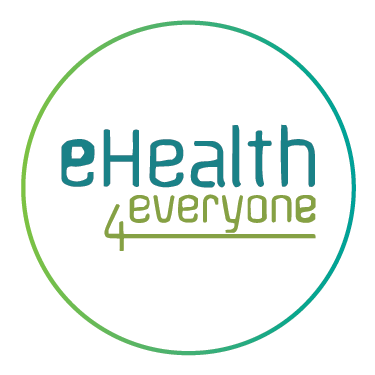According to Pallipedia, health outcomes refer to the changes in health status (mortality and morbidity) that result from the provision of health (or other) services. They reflect the physical and mental well-being of residents within a community through measures representing not only the length but quality of life as well (County Health Rankings, 2022).
Health outcomes can be outcomes of a medical condition, intervention based outcomes, long-term patient outcomes, and population-based outcomes. These may be measured clinically (physical examination, laboratory testing, imaging), self-reported, or observed (such as gait or movement fluctuations seen by a healthcare provider or caregiver) (Denise et al, 2019).
What are mobile and wireless devices?
In many cases, the terms “mobile” and “wireless” are used interchangeably, even though they are two different concepts. A mobile device is anything that can be used on the move, ranging from laptops to mobile phones. As long as the location for usage is not fixed, it can be considered “mobile”. Wireless, on the other hand, refers to the transmission of voice and data over radio waves. It allows workers to communicate with enterprise data without requiring a physical connection to the network. Wireless devices include anything that uses a wireless network to either send or receive data.
How mobile and wireless devices are improving health care
The advancement of mobile and wireless network technologies –telehealth, has enabled healthcare providers to increase their business efficiency and provide more time to offer quality care (Sharma et al., 2022). Through telehealth, hospitals can lower preventable medical emergencies and provide remote treatment to the ageing population (Sharma et al., 2022). This technology can provide new services in uncharted markets and improve the health and income streams of providers.
Tablet and smartphone technology are changing medical and patient dynamics with applications now offering virtual consultations and/or healthcare appointment scheduling. One of such mobile applications is Carekojo – a product of eHealth4everyone. Carekojo is an online doctor appointment platform that allows individuals to freely book medical appointments with the doctor of their choice, anywhere, anytime.
Also, patients in remote locations can still access care (while sick or injured) without travelling, allowing them to get the care they need no matter where they are. This is one of the biggest accomplishments in healthcare technology.
Patients also benefit from mobile technology in healthcare because they have more access to their medical information. Many healthcare systems have portals that patients can access to review details about their diagnoses, prescribed medications, and future appointments. Having this information at their fingertips can help them feel more connected to their care and help improve health outcomes.
In addition, remembering to take medications can be tricky, especially when several medications are being taken at different times during the day. Currently, there are mobile apps that help patients take their medications as prescribed by their healthcare provider. Most of these apps work by having you type in each of your medications. For each medication, you input its name, dose, how often you take it, and when you’d like to be reminded to take it. Some even alert patients’ guardians or relatives when doses have been missed. This also contributes tremendously to improving health outcomes.
Improving accessibility and communications for patients is not the only benefit of mobile technology in healthcare. Doctors and other healthcare providers benefit from using mobile devices as well because they are commonly used to coordinate care teams. When providers are able to communicate remotely in real-time, patient experience and patient outcomes significantly improve.
Furthermore, there are many electronic medical records systems (EMR) that use mobile technology to make things easier for health providers. An example of such an electronic medical system is SmartaCare – another product of eHealth4everyone. SmartaCare is an electronic health record system that enables efficient healthcare delivery through the digitization of healthcare processes. It requires no technical expertise to install and it is easy to learn. The interface of the software can easily be navigated ensuring patient encounters are effective and always positive.
Smoother communication, fewer mistakes, and enhanced accessibility for providers and patients all lead to efficiency in the healthcare system. When there is efficiency in these areas, organizations or practices can focus on patient care rather than dealing with challenges that can be taken care of with technologies that utilize mobile devices.
How eHealth4everyone contributes to the improvement of health outcomes through telehealth
eHealth4everyone is a leading software & informatics enterprise leveraging industry tools and human-centred design principles to provide exceptional services in the area of data management, capacity building, emerging technologies, advisory and research. Our health data solutions include electronic medical records (EMR) systems, virtual reality for healthcare, mobile data collection and DHIS2 configuration and maintenance.
Our applications are compatible with mobile and wireless devices such as smartphones, tablets, etc. To learn more about our services and how Smartacare can help you implement mobile technology in your practice, contact us at +2349021720578.
External links
- https://pallipedia.org/health-outcome/
- https://www.countyhealthrankings.org/explore-health-rankings/measures-data-sources/county-health-rankings-model/health-outcomes
- https://www.sciencedirect.com/science/article/pii/B9780323581165000055
- https://journals.lww.com/jfmpc/Fulltext/2022/01000/Mobile_technology__A_tool_for_healthcare_and_a.7.aspx
- https://carekojo.com/
- https://ehealth4everyone.com/smartacare




